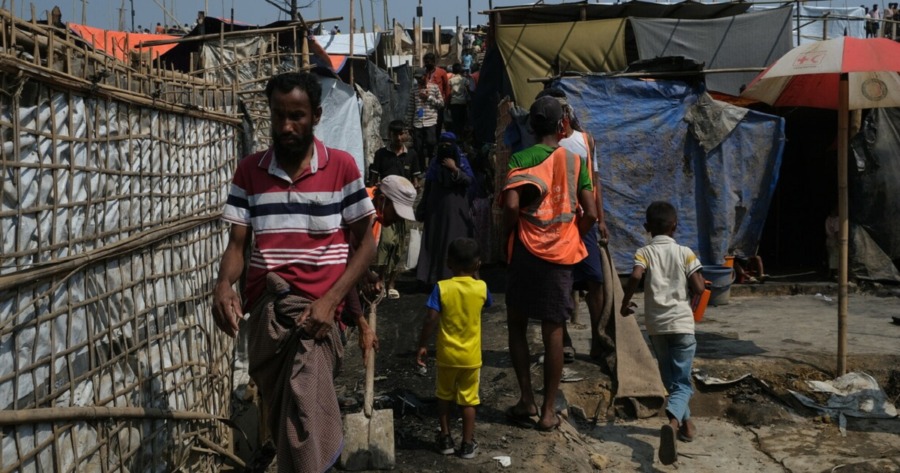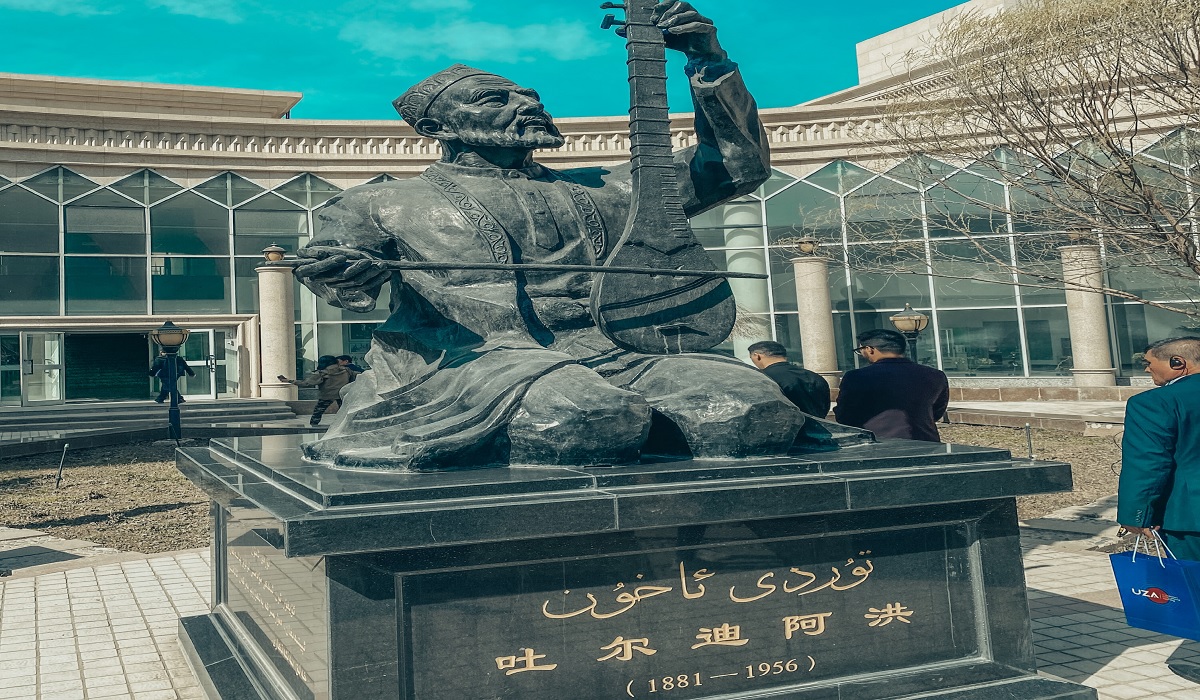Bangladesh: A Downward Spiral Towards Starvation and Death
- TDS News
- Asia
- South Asia
- Trending
- May 27, 2023

The Norwegian Refugee Council (NRC) has issued a dire warning about the devastating consequences of a recent cut in food rations for Rohingya refugees in Bangladesh. Due to critical funding gaps, the World Food Programme (WFP) has been forced to further reduce already dwindling food assistance, with the new cuts taking effect from 1 June 2023. As a result, nearly a million people residing in Cox’s Bazar, the largest refugee settlement in the world, will receive food assistance at only 83% of the recognized global humanitarian standard of 2,100 kcal.
The implications of these cuts are severe, as explained by Wendy McCance, NRC’s country director in Bangladesh. McCance highlighted that when food rations are reduced, malnutrition rates soar, and individuals’ immune systems become compromised. The situation leads to increased tensions, often resulting in rising crime rates, violence, and gender-based violence. Desperation forces refugees to resort to hazardous coping strategies such as taking on debt, engaging in child marriages, engaging in survival sex, or attempting to leave Bangladesh through irregular routes, thereby increasing the risk of trafficking.
The NRC encountered a Rohingya refugee mother who revealed the dire circumstances faced by the community. With food scarcity prevailing, her 13-year-old son was contemplating a dangerous sea journey to leave the country. The mother expressed fear, acknowledging the dangers associated with such journeys. She also indicated that others in the camp might be forced to seek informal or dangerous employment within Bangladesh to survive.
Bangladesh currently hosts nearly one million Rohingya refugees, who lack secure legal status and the freedom to move or work. Consequently, they depend entirely on humanitarian aid for their survival. The combination of limited employment opportunities, diminishing financial commitments from the international community, and the recent impact of Cyclone Mocha on the camp has pushed the refugees to their breaking point. McCance emphasized that they will take increased risks to survive, potentially paying with their lives.
The situation is further exacerbated by the insufficient funding for the Joint Response Plan (JRP), with less than 25% of the required humanitarian support funding for 2023 being received. McCance urged for full funding of the humanitarian response plan to provide some relief to the Rohingya population, stating that they are weary of waiting for the world to act and tired of broken promises.
In addition to immediate financial support, the NRC emphasized the need for more sustainable solutions. McCance stressed the importance of enabling refugees to access livelihood opportunities, land, and safe living conditions so they can create their own path forward and reduce their reliance on humanitarian aid. Such measures are crucial for saving lives and breaking the endless spiral of suffering faced by the Rohingya community.








